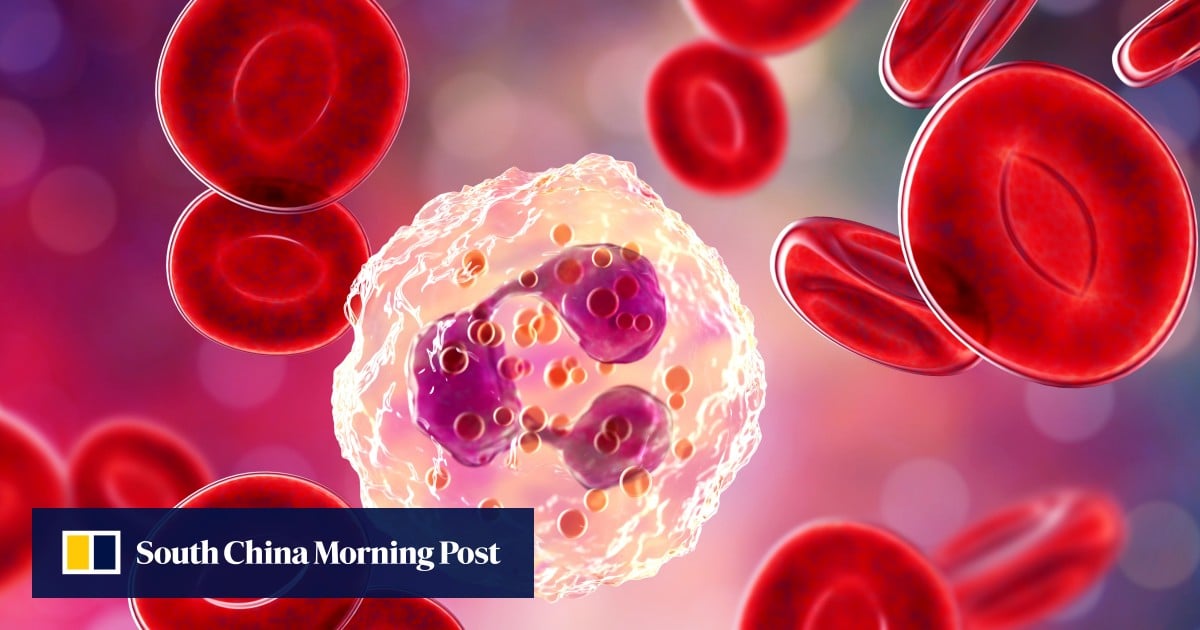
It said staff at the Taixing People’s Hospital submitted the genetic sequence to the GenBank sequence database, an open access collection maintained by the National Centre for Biotechnology Information in the United States.
In December, the US centre said the nucleotide sequence present in the sample had not been detected previously anywhere in the world. Nucleotides are one of many small molecules that form DNA and RNA, nucleic acids that carry genetic information.
The sequence has been assigned the serial number OR900206 in the human gene database.
The P blood group was discovered in 1927, and samples can be categorised into five subtypes, depending on the antigens on the surfaces of its red blood cells.
P1 and P2 are more frequent and while P1k, P2k, and p are extremely rare.
In testing, it is easy to miss the P blood group because it cannot be picked up by existing reagents for the ABO and Rh blood types.
Cao Guoping, the transfusion specialist who detected the rare sample, was quoted as saying that for individuals with this uncommon blood type, early detection helped them to prepare better for blood transfusions and related potential crises.
For instance, p blood types can only receive transfusions of the same kind.
This is particularly the case during pregnancy.
“In the case of female individuals with this blood type, the presence of ‘anti-Tja’ antibodies attacking the placenta directly can lead to recurrent miscarriages and stillbirths,” he said, referring to the naturally occurring antibody against the P blood group.
Certain blood types less likely to contract coronavirus, 23andMe shows
Certain blood types less likely to contract coronavirus, 23andMe shows
Most of the world’s population falls into the ABO and Rh blood group systems, but there are other less common blood types, such as the Hh/Bombay antigen system as well as the P blood group.
The Rh null blood group, also known as the “golden” blood type, contains no Rh antigens in the red blood cells.
In China, Rh-negative blood, also known as “panda blood”, accounts for about 0.4 per cent of the population.
About 100 people in China have the Hh/Bombay blood type.
"type" - Google News
January 07, 2024 at 08:00PM
https://ift.tt/rJ9G6RI
Chinese hospital detects new gene sequence for rare p blood type - South China Morning Post
"type" - Google News
https://ift.tt/VR7zD9Z
https://ift.tt/Dm2dgu0
Bagikan Berita Ini














0 Response to "Chinese hospital detects new gene sequence for rare p blood type - South China Morning Post"
Post a Comment